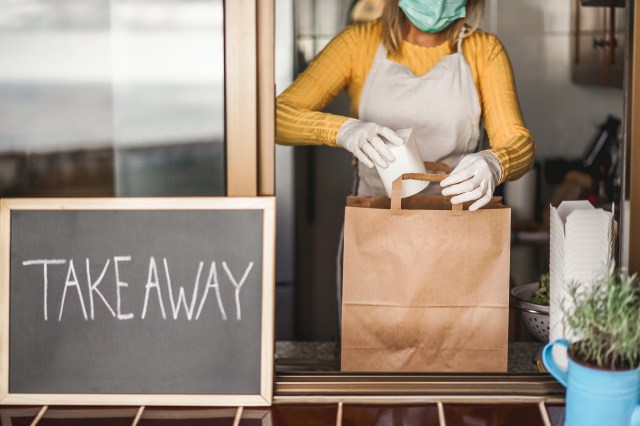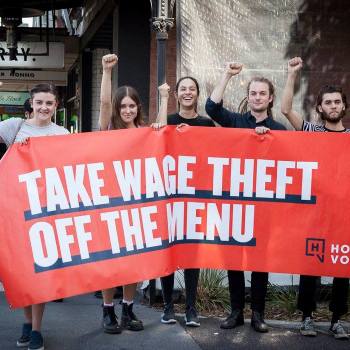National Cabinet has announced exemptions from self-isolation for essential workers with consequences for the hospitality and supply industries.
As Australia battles supply-chain breakdowns and empty supermarket shelves, National Cabinet decided on January 13 to allow certain critical workers, who would previously be classed as ‘close contacts’, to return the workplace.
High-risk contacts, such as those living in the same household as somebody with COVID must take a Rapid Antigen Test (RAT) every second day until day six of their isolation period.
Lower risk close contacts do not have to take tests but are required to monitor for symptoms.
Anyone who records a positive RAT is still required to immediately self-isolate.
The change comes as Secretary of the Commonwealth Treasury, Dr Steven Kennedy PSM, advised Cabinet that earlier self-isolation requirements could see as much as 10 per cent of Australia’s workforce in isolation. Moreover, caring responsibilities had the potential to reduce the workforce by a further five per cent.
The decision was also influenced by medical advice that the Omicron variant of COVID-19, though more infectious, results in less severe infection and lower rates of hospitalisation.
Cabinet agreed on the importance of keeping vital sectors of the economy open and operating.
Among the exempt services is ‘Food, Beverage and Other Critical Goods’. Those delivering essential food, drink and groceries, in addition to transport and freight operators, are exempt.
This inclusion means that while public-facing hospitality workers, such as waiters and bartenders, are not exempt from self-isolation, those workers in the supply and delivery side of the industry are.
A worker is only eligible for the exemption if their absence is deemed to pose “a high risk of disruption to the delivery of critical services, and they are unable to work from home.”
Those deemed critical workers must travel directly to and from their place of work, and wear a mask at all times (unless eating or drinking, or if the mask is required to be removed for safety).
National Cabinet also noted that this change to the isolation arrangements will be implemented by state governments in accordance to existing health orders, so those who may be affected by these changes are advised to consult their state or territory government’s health guidance.
The full National Cabinet statement can be read here.
Interim guidance from the Prime Minister’s office can also be accessed here.



